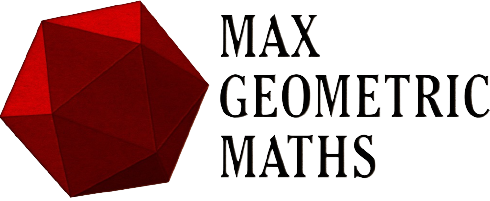1. The candidate must have completed 17 years of age.
2. The candidate must have passed class 12th examination with a minimum of 50% marks in aggregate, and must have passed in the subjects Physics, Chemistry, Biology/Biotechnology and English individually.
3. In respect of the candidates belonging to SC/ST/OBC categories, the marks obtained in Physics, Chemistry and Biology/Biotechnology taken together in HSC examination is 40% marks.
4. The candidate applying for NEET must be an Indian citizen.
5. The upper age limit for candidates seeking admission through NEET is 25 years as or on December 31, 2018. Further, for the candidates belonging to Scheduled Caste, Scheduled Tribes and Other Backward Categories there is a relaxation of 5 years.
Candidates failing to meet the above mentioned criteria shall not be permitted to apply for NEET Exam.







